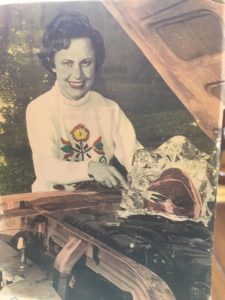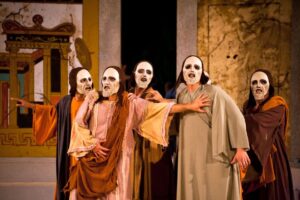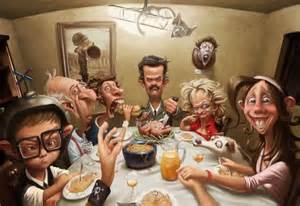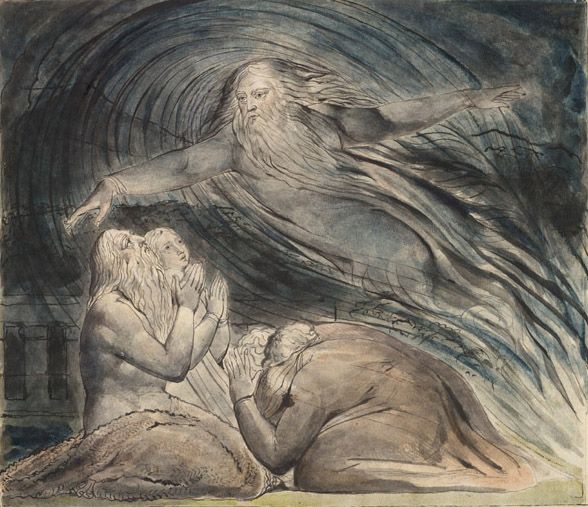Tell Me a Story
When our girls were young they would badger me with requests, “Daddy, tell us a story about when you were bad.” I think our girls learned about the reputation of my younger days by listening to family stories at the gatherings of the Arnold clan. Do not be tricked. When you think your kids aren’t paying attention, they are.
I never told them all the stories; too traumatic to their little psyches. I usually distracted them by suggesting we create our own stories full of characters that got into trouble.
“Like you, Daddy?” came the innocent question. “Well, maybe,” was my cagey reply. We would create scenarios fraught with conflict, danger, and drama and we figured out how their characters got into and out of these troublesome situations. This freed their imaginations and got me off the hook.
I have lived in the world of storytelling all my life as an actor, a playwright, a director, and a novelist. I have played and written about all manner of saints and scoundrels. Kay tells me I do best with scoundrels. She knows me too well. But to be an effective storyteller it goes back to the advice I gave our girls: pay attention.
I try to look at life from a 360 degree perspective, paying attention to what is happening around me, but also what might be happening within me. Surprises will follow. I am surprised by what other people reveal of themselves and many times surprised by my own reactions. Both responses are real and authentic. I want my characters to be fully believable because they have been fully felt by me.
Refraining from judgment is a test for a storyteller. I seek to describe the action taken by the characters and the possible motives behind the action. There are always consequences to the choices characters make, just like in real life. As a writer, I try to authentically make logical connections between character, choice, and consequence.
This requires daydreaming. “He has his head in the clouds” would be an apt description when it comes to the artist. I see the reality of the world around me, and then I take the time and freedom to daydream about what it was, what it is, and what it might be in relation to my story.
To create a compelling story requires time spent in the clouds to give meaning and depth to our lives here on earth. Defy the law of gravity. Keep daydreaming. Keep creating. The world is a better place for it.










